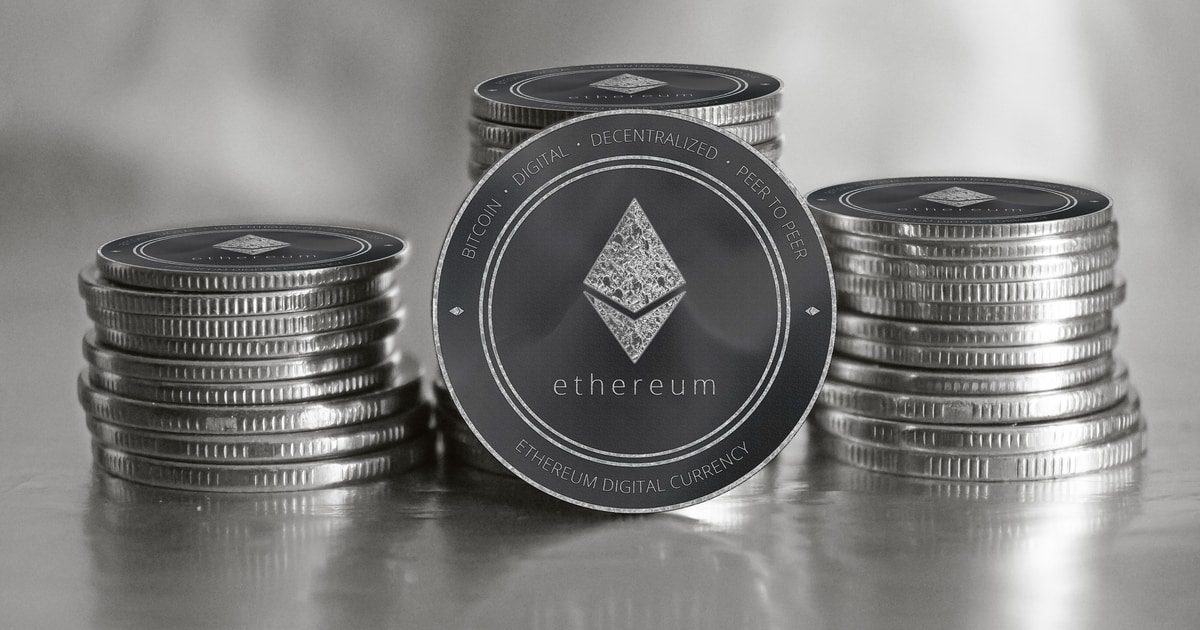Paradigm and Wevm launch Frog, a new toolkit to foster the development of Farcaster Frames, aiming to transform social media with interactive elements.
Paradigm, in collaboration with Wevm, has launched Frog, a comprehensive toolkit designed to streamline the creation of Farcaster frameworks. Announced on February 28, 2024, Frog promises to offer developers the ability to build high-performance frameworks with minimal code and deploy them on infrastructures of their choice, marking an important milestone in the evolution of social media applications.
Farcaster, like a decentralized version of Twitter, introduces the concept of frames, allowing developers to transform standard posts or “casts” into interactive elements. This integration of interactive applications in a Farcaster client, such as Warpcast, redefines user engagement on social platforms. Using the Open Graph protocol, Frames have become a vessel for creating “interactive socially rich objects,” changing the landscape for both content creators and consumers.
The Frog framework arose as a response to the need for a simple yet powerful developer experience when building these frameworks. With its integrated debugger and live reload support, Frog facilitates a fast development cycle, providing immediate feedback and iteration opportunities. Additionally, the framework is built on top of Hono, a highly performant and lightweight JavaScript web framework that further emphasizes the speed and efficiency of the development process.
Developers are particularly excited about Frog’s feature-rich debugger, state management through “state fetching,” and intuitive Frames linking through “Actions.” The flexibility of the framework is also a strength, with no vendor lock-in and compatibility with various JavaScript runtimes and platforms such as Cloudflare, Vercel, Next.js, and Bun.
The rationale behind the creation of Frog relates to the limitations developers face when dealing with server-rendered meta tags and the limitations of client-side reactivity, tag size, behavior, and security concerns. Frog aims to abstract away these complexities, allowing developers to focus entirely on innovation and user experience.
While Frog is being built and improved, the next expected feature is the integration of “Transactions” for Frames, which is expected to further enrich the Farcaster ecosystem. The team also plans to develop Framehouse, a Lighthouse-like tool to help developers optimize their frameworks for performance and adherence to best practices.
In keeping with the spirit of open source collaboration, Frog is freely available on Github, accompanied by extensive documentation and a support chat room. Frog’s creators, including Achal Srinivasan, Georgios Konstantopoulos, awkweb, and jxom, encourage the developer community to engage with the framework, contribute to its development, and share feedback.
Aiming to revolutionize the developer experience in the Farcaster community, Frog is poised to make a significant impact on the future of social media interaction and the wider decentralized app landscape.
Image source: Shutterstock

